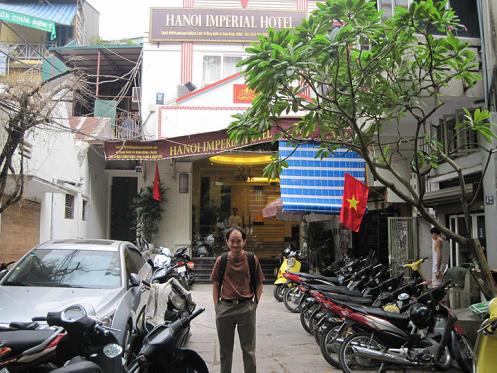Even by the dismal standards of the Malaysian government, the recently announced plans to “help” first-time house buyers left my mouth agape in amazement. They propose to do this by allowing them to take loans of up to 100% of the purchase price for properties costing up to RM350,000, essentially doing away with any need to make a down-payment. Predictably enough, this prompted commentators to observe that this would make it even easier to speculate in real estate, causing prices to shoot up even more and taking them further out of reach of first-time buyers. But the government is firmly of the opinion that there is no bubble, meaning that price increases of fifty percent or more over the past two years in key areas of Kuala Lumpur and Selangor were perfectly normal.
You know how else the government plans to help people who can’t afford a house? It thinks that people should extend their house loans over longer periods and are encouraging the take-up of two-generation loans. This means loans that are so expensive that you have no hope of repaying them within one lifetime, so your kids must continue servicing the loan long after you are dead. Of course, this also means that your kids are in debt from the moment they are born. In the meantime, saner governments in Singapore and China are responding to the rapid increase in property prices in their respective countries by doing the exact opposite: severely restricting the amount of loans that can be taken out and insisting that buyers stump up ever higher down-payments for each additional property they buy.
I’m not alone in thinking that contrary to what the government is saying, there is a bubble. Take this columnist in The Star for example. As he notes, if prices rise so high that they are out of whack with rental rates and incomes, they will inevitably come crashing down again. Even the consensus on the Property Talk section of LYN, a place that is extremely bullish about making money from real estate deals, has come around to the idea that a popped bubble is a matter of when and not if, though the forum is still full of people who think that they can run and in out for a quick buck before the house of cards come crashing down.
And of course, all this when the world is still grappling with the fallout of the US-based subprime crisis. While the financiers certainly played their part in securitizing all the loans to hide the credit risks inside, the reason why these loans were possible in the first place was because the US government wanted to make it easier for people who had difficulty in proving that they had regular income to get loans to buy houses.
Note that I don’t claim to be an expert in these things and unlike the US, it’s hard to get good statistics on the situation in Malaysia. It’s certainly possible that the bubble is confined to a few key areas so that there’s little to fear on a wider scale and it’s equally possible that as a nation with a population that is still growing, Malaysia has a property market that is going to be able to absorb such price increases for a great deal longer. But it’s also worth noting that property prices in markets like Tokyo and Hong Kong still have not recovered the peaks they reached during their respective bubbles, more than ten years later.
Overall, I can’t imagine how anyone, beyond those directly poised to benefit from the higher prices and the enlargement of the already dominant construction industry, would think that these moves by the Malaysian government are wise. Perhaps this is just a bit of pump priming to jumpstart the economy so that the BN will have a better chance during the 2012 elections or perhaps this is a crass money grab by cronies. Either way, if this is the direction that the Malaysian wants to take for the property market, we’re in for some volatile times.

